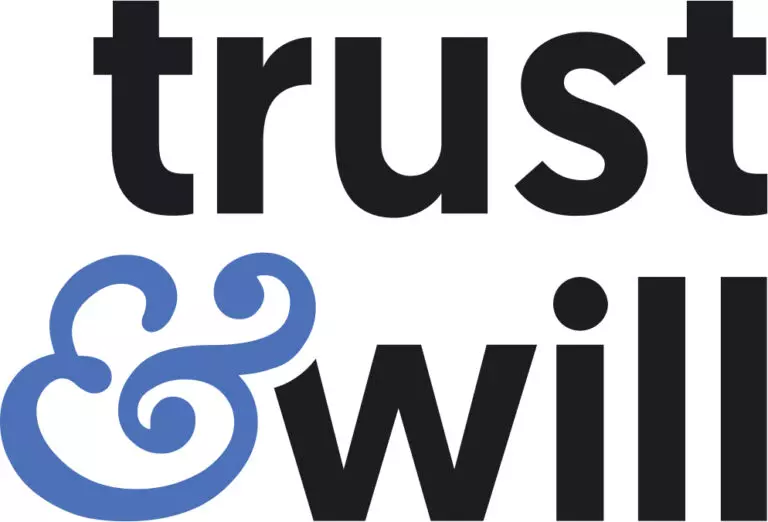What is an Estate Sale?
Estate sales are liquidations, auctions, or the sale of personal items after a person has died or decided to downsize. Proceeds may be used to pay for debts, funeral costs, or nursing home fees. The owner’s leftover items or proceeds may be given to the beneficiaries if he has passed away.
In their wills, people often specify what they want to happen with the leftovers and profits (also known as a residual estate).
How do you tell the difference between an estate sale and a garage sales?
A garage sale differs from an estate or estate sale in that the latter is more formalized and involves selling all of an individual’s belongings, not just their unneeded ones.
|
|
 |
 |
Who manages estate sales?
You can have a family member or friend manage the estate sale, or you can hire an outside company.
-
When emotions are high, it can make sense to let a third party handle the estate sale. It is particularly important if beneficiaries disagree over how the estate proceeds should be split and who will get what.
-
Contact your state and local tax authorities if you plan to handle the sale on your own. You will need to have the correct permits and documents. You are not selling the items for yourself, but rather on behalf on the deceased estate.
How much do estate sale companies charge?
Estate sale companies typically charge between 30% and 50% of your gross estate sales revenue
.
The majority of estate sale firms work on contingency. They don’t require a payment up front or charge a fixed fee. They keep a certain percentage of proceeds. If the proceeds of the sale are $100, for example, the company that handles the sale may retain between $30,000 and $50,000. The estate beneficiaries will receive the remainder, which is $50,000-$70,000.
An estate sale company could also charge additional fees for services such as marketing, advertising, labor, security, and refreshments. This would further decrease the amount of money that is made.
How are estate sale items priced?
It can be difficult to price estate sale items. If you do not sell all of them, it may mean that you will have to either hold another sale or donate them to family and friends. You could also throw the items away in a dump. It is important to know the average retail value of items similar and their current condition.
-
You can get an idea about what other people are willing to spend by searching for your item on resale sites like eBay, Facebook Marketplace and Craigslist.
-
An estate sale company can bring knowledge and expertise about local market conditions.
How should you approach an estate sale?
You might get referrals from people who recently lost someone if you hire an estate sales company. Referrals may also be available from local churches, funeral homes, seniors centers and attorneys who specialize in estate planning. Asking these questions can help you find a company that is right for your needs.
-
Can I see your proof of bonding and insurance? Know what to do if you damage, break or lose something during an estate sale.
-
What is your sales tax policy?
Some states collect sales tax on estate sales
. Learn how your company will handle this.
-
When will your estate sale be held? You can visit one of their other estate sales and see the organization, number of shoppers attending, as well as pricing.
-
You can increase your sales by promoting the sale. Talk about how you’ll promote your estate sale. Request copies of the marketing material for estate sales.
-
Can you provide references? Ask previous clients how they felt about their estate sales, whether their expectations were met and what went well and wrong.
-
Online reviews are a great way to learn what people think about you and your business. You can read online customer reviews and get a diverse range of perspectives.
